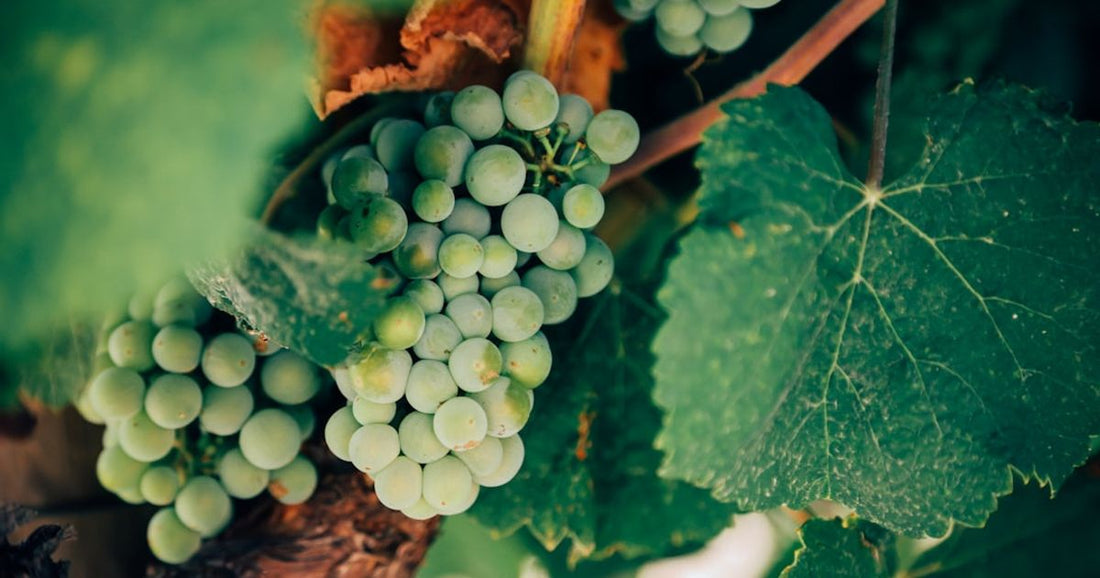
Aged Wine: Rarity and Value
Share
In the world of wine, age is more than just a number—it's a testament to patience, a marker of quality, and a key to unlocking complex flavors that only time can provide. The transformative art of wine aging is both a science and a craft, revered by vintners and connoisseurs alike. As bottles are carefully stored away, they embark on a journey of maturation, evolving in taste, aroma, and value. This blog delves into the intriguing world of aged wine, exploring how the aging process enhances the complexity, rarity, and value of wines, making them highly sought after by enthusiasts around the globe.
Key Takeaways
- Aging adds complexity and depth: The aging process allows wines to develop new flavors and aromas, transforming them into more complex and nuanced beverages.
- Rarity increases value: As wines age, they become rarer, which can significantly increase their value, especially for collectors.
- Proper storage is crucial: To age successfully, wines must be stored under optimal conditions, including the right temperature, humidity, and absence of light.
- Not all wines are meant to age: Only a select few wines have the potential to improve with age, often those with a good balance of acidity, tannins, and sugar.
- Aged wines require careful handling: Serving and enjoying aged wines involves special considerations to ensure their delicate flavors and aromas are preserved.
The Science Behind Aging Wine
Aging wine is a complex process that involves chemical reactions, which can alter the composition and characteristics of the wine over time. This section explores the science behind how wines age and the factors that influence this process.
Chemical Transformations in the Bottle
Wine aging is primarily driven by slow, controlled oxidation and the gradual breakdown of compounds within the wine. As wine comes into contact with oxygen, either through the cork or during the winemaking process, it undergoes oxidative reactions that can enhance its flavor profile. Tannins, which are responsible for the astringent taste in young red wines, soften and polymerize, leading to a smoother mouthfeel. Meanwhile, esters and other aromatic compounds may combine or break down, creating new flavors and aromas that were not present when the wine was first bottled.
Factors Influencing the Aging Process
Several factors influence how well a wine will age, including the wine's composition, the quality of the cork, and how the wine is stored. Wines with higher acidity, tannin levels, and residual sugar generally have a greater aging potential. The cork plays a crucial role in regulating the amount of oxygen that enters the bottle, affecting the rate of oxidation. Lastly, storage conditions such as temperature, humidity, and light exposure can significantly impact the aging process. Wines stored in cool, dark, and humid environments tend to age more gracefully.
Rarity and Value: The Economics of Aged Wine
The rarity and value of aged wines are closely intertwined, with the aging process contributing significantly to both. This section examines why aged wines are so prized and how they can become valuable assets.
The Rarity of Aged Wines
Aged wines are rare commodities for several reasons. First, not all wines are produced with the intention of aging. Many are designed to be consumed within a few years of bottling. Second, even among wines that are meant to age, not all will reach maturity due to improper storage or premature consumption. As a result, well-aged wines that have been properly stored and have reached or surpassed their peak maturity are relatively scarce, making them highly sought after by collectors and enthusiasts.
How Aging Adds Value
The rarity of aged wines directly contributes to their value. As wines age and become rarer, they often increase in price, especially if they come from a prestigious vineyard or a notable vintage. The transformation that wines undergo during aging can also enhance their appeal, adding layers of complexity and depth that are not present in younger wines. For collectors, the value of aged wines extends beyond their taste; it also includes the history, craftsmanship, and the sheer patience required to bring such wines to fruition.
Storage and Care: Preserving the Essence of Aged Wine
Proper storage and care are paramount for preserving the quality of aged wines and ensuring they reach their full potential. This section provides insights into how to store and handle aged wines effectively.
Optimal Storage Conditions
To age successfully, wines require specific storage conditions. Temperature should be kept constant, ideally around 55°F (13°C), with relative humidity levels between 60-70% to prevent corks from drying out. Wines should also be stored away from direct light and vibrations, which can accelerate the aging process and potentially damage the wine. For more detailed guidance on storing wine for optimal aging, visit our article on Storing Wine for Optimal Aging.
Handling and Serving Aged Wines
Aged wines demand careful handling to preserve their delicate flavors and aromas. Before serving, allow the wine to settle and any sediment to collect at the bottom of the bottle. Decanting can be beneficial, gently transferring the wine to a decanter to separate it from the sediment and allowing it to breathe. Serving temperature is also crucial, with different types of wine requiring different temperatures to best showcase their qualities. For a comprehensive guide on handling and serving vintage wines, check out our article on Correctly Handling and Serving Vintage Wines.
The Art of Enjoying Aged Wine
Appreciating aged wine is an art that involves understanding its history, recognizing its unique characteristics, and savoring its complex flavors. This section explores how to fully enjoy the experience of drinking aged wine.
Understanding the Wine's History
Each bottle of aged wine has a story to tell, from the conditions of the vintage year to the winemaking philosophy behind it. Learning about the wine's background can enhance your appreciation and provide insight into what makes it special. This context adds depth to the tasting experience, allowing you to connect with the wine on a deeper level.
Recognizing Unique Characteristics
Aged wines can exhibit a wide range of flavors and aromas, from rich and fruity to earthy and spicy. Paying attention to these nuances can reveal the wine's complexity and the effects of aging. Tasting aged wine is an opportunity to explore these unique characteristics and understand how they contribute to the wine's overall profile.
In the realm of wine, age can indeed be a symbol of rarity, value, and unparalleled complexity. The journey from grape to glass is a long one, marked by careful cultivation, patient aging, and meticulous storage. For those who venture into the world of aged wines, the rewards are rich—glasses filled with history, craftsmanship, and the unmistakable taste of time itself. Whether you're a seasoned collector or a curious enthusiast, the art of appreciating aged wine is a fulfilling pursuit, offering endless opportunities for discovery and delight.



